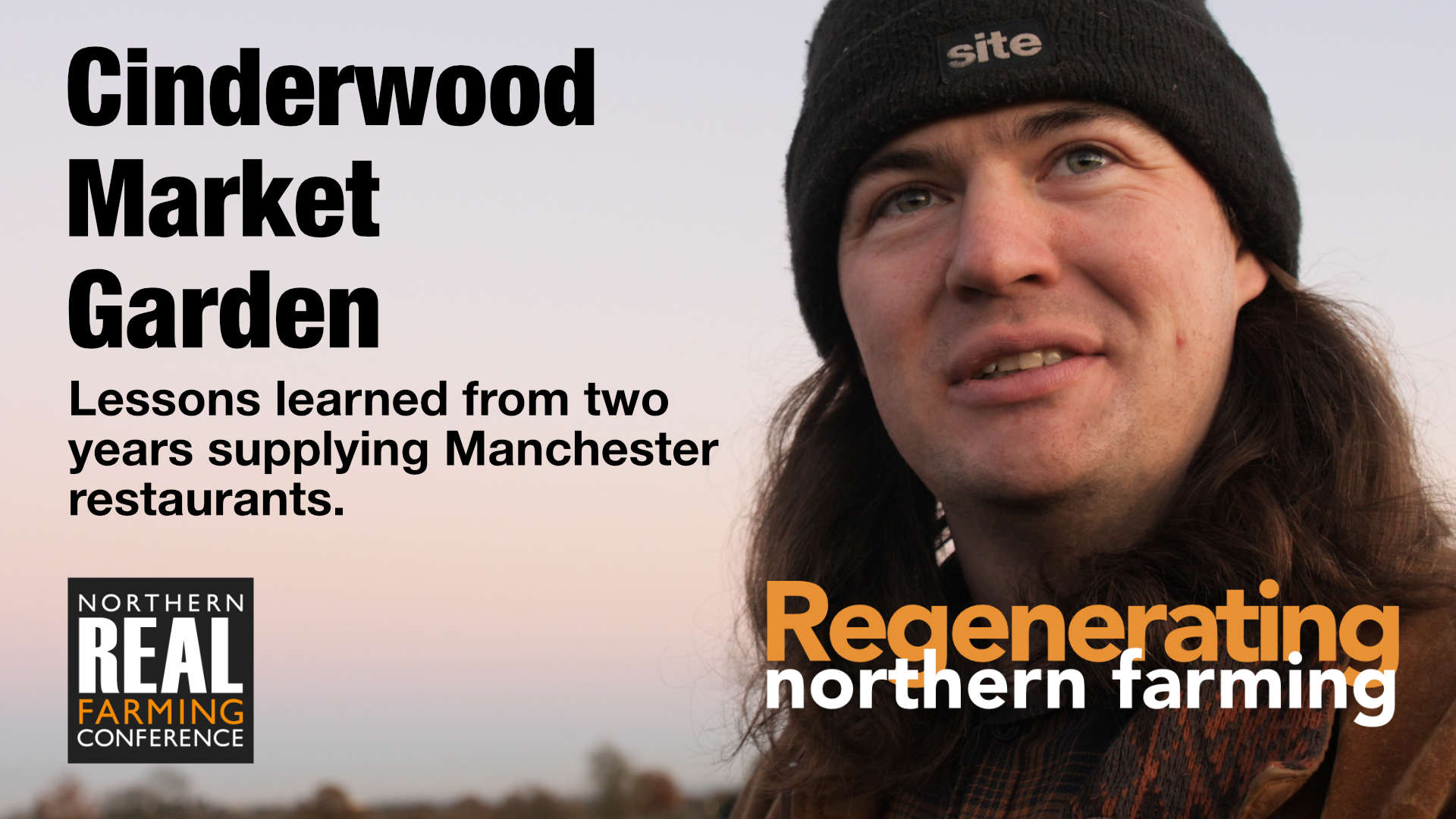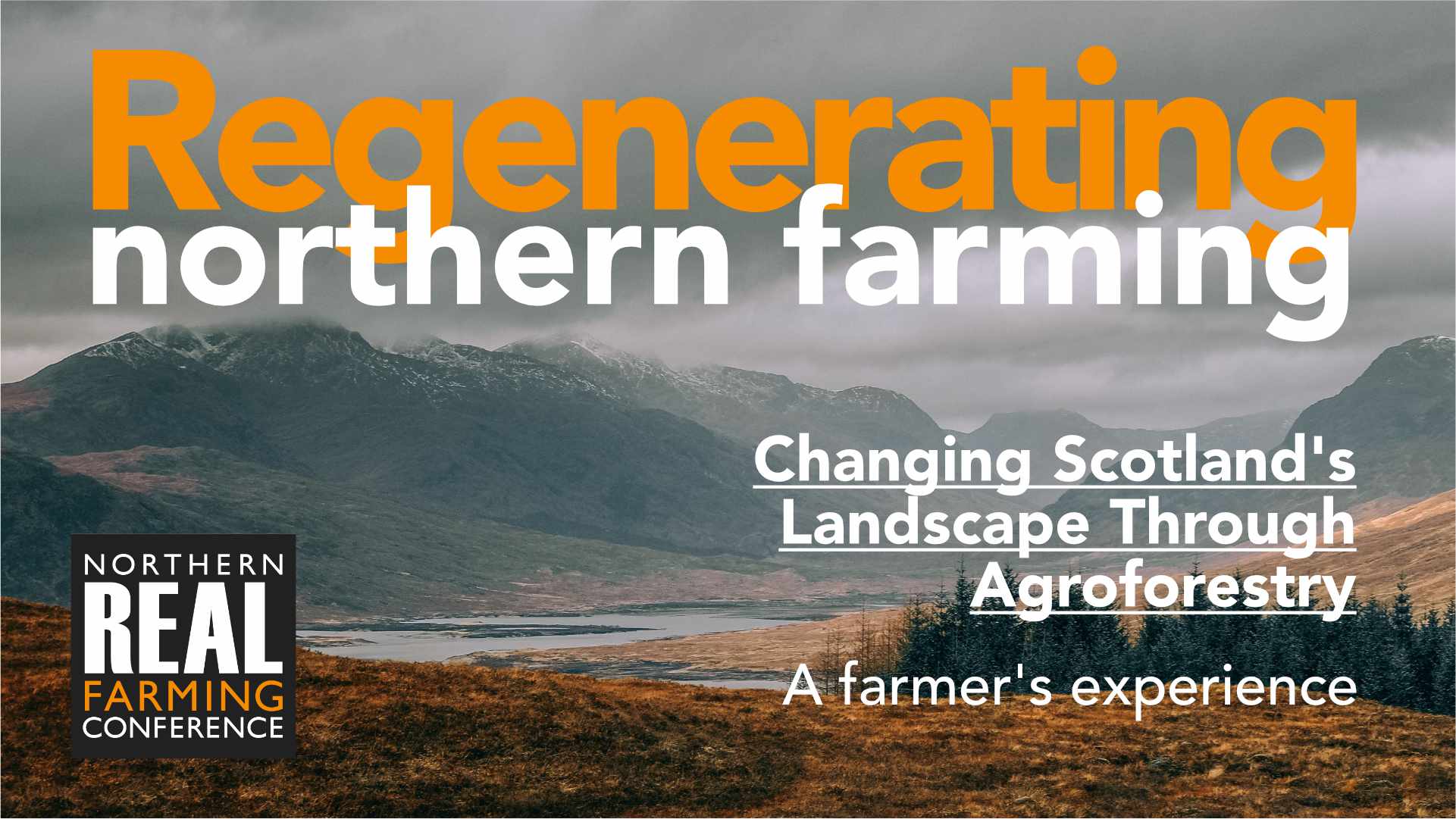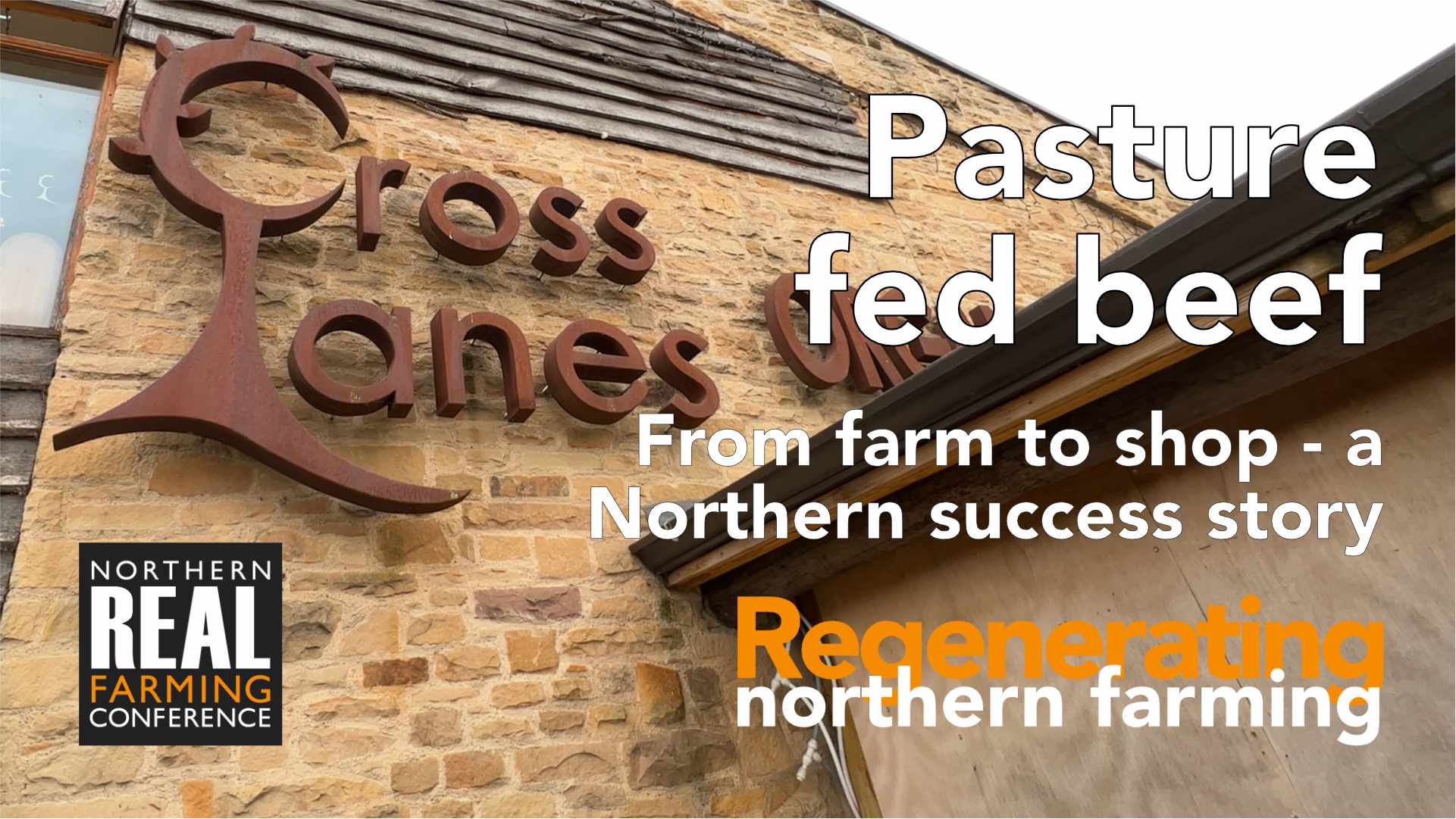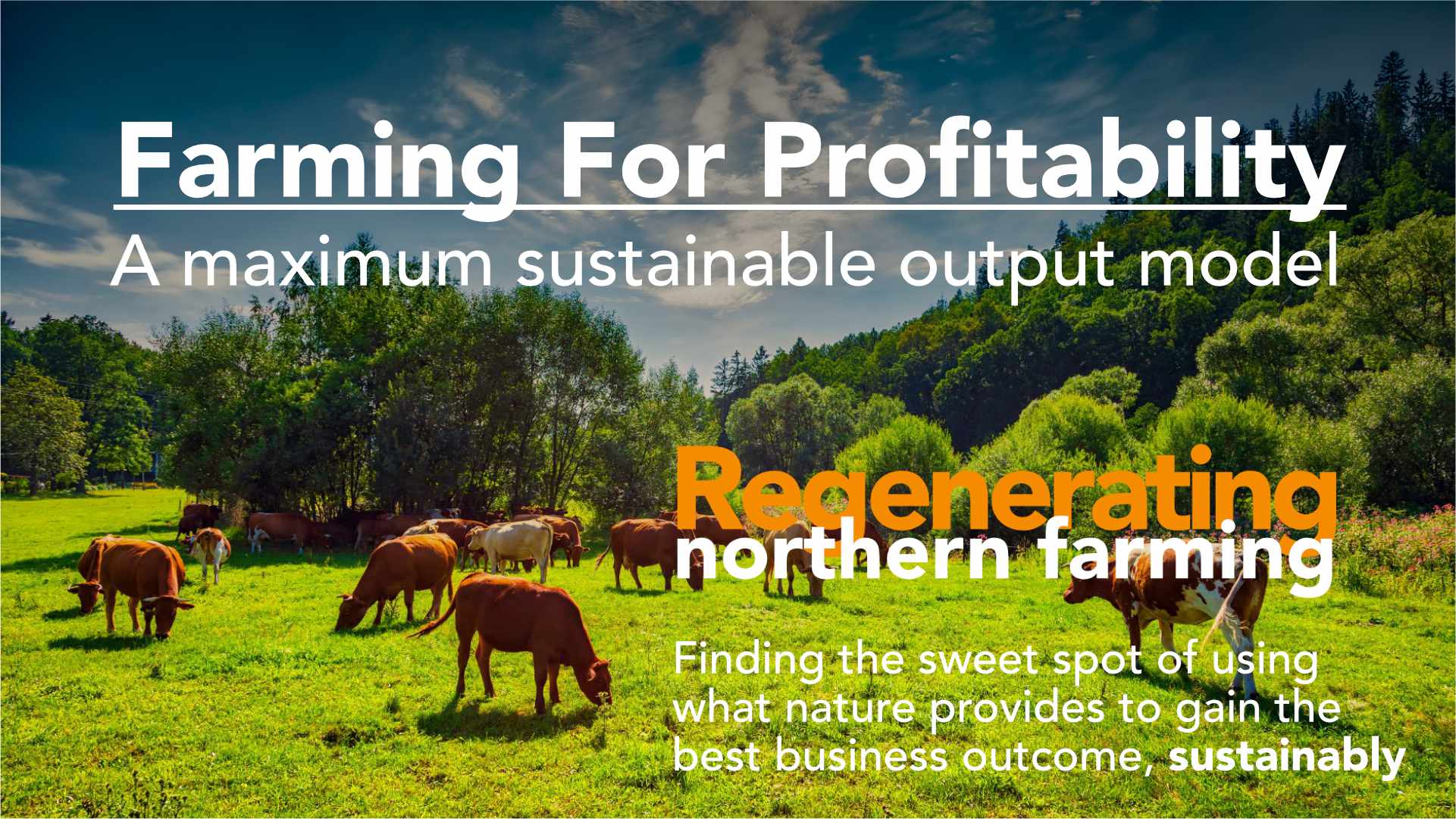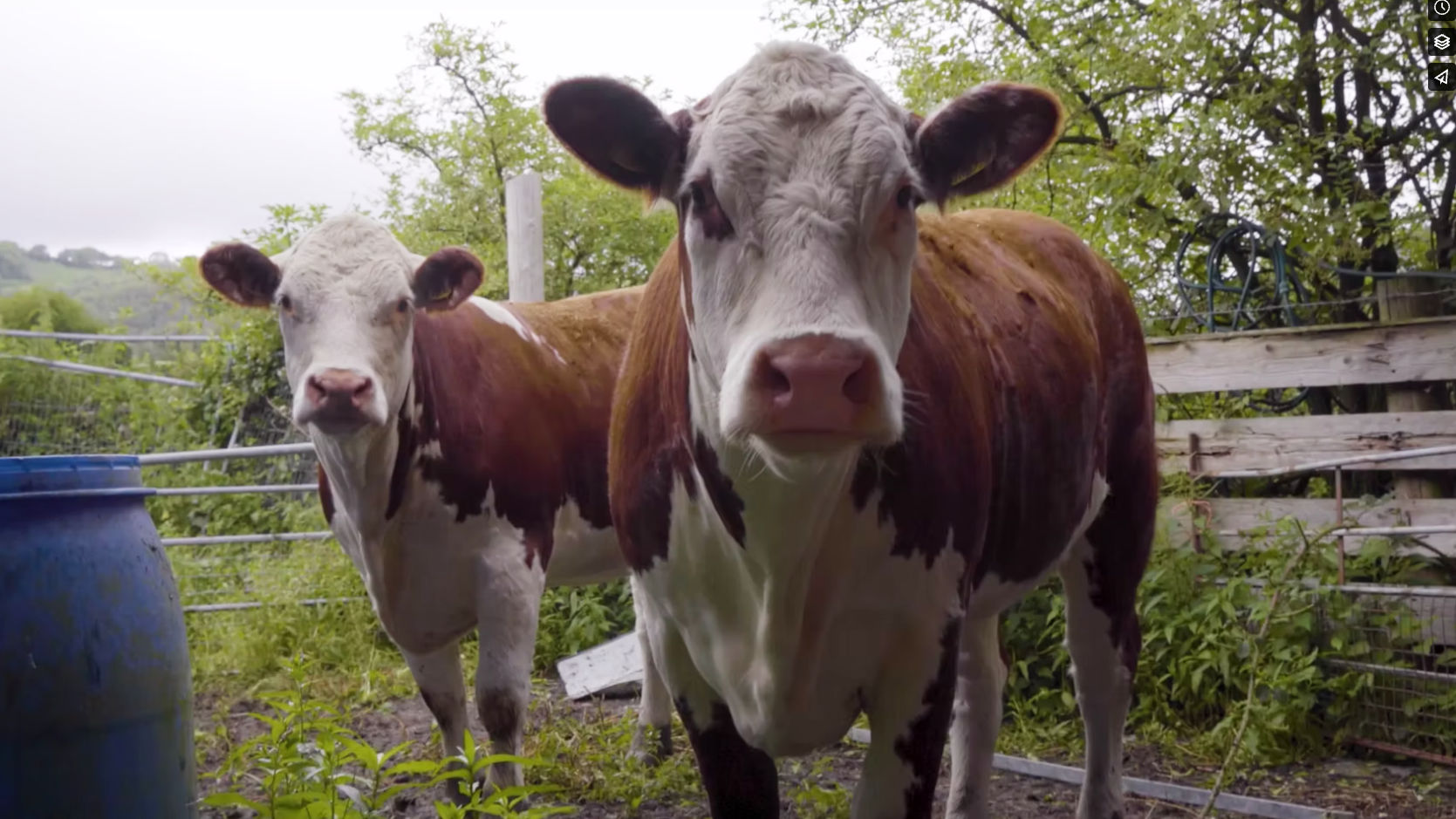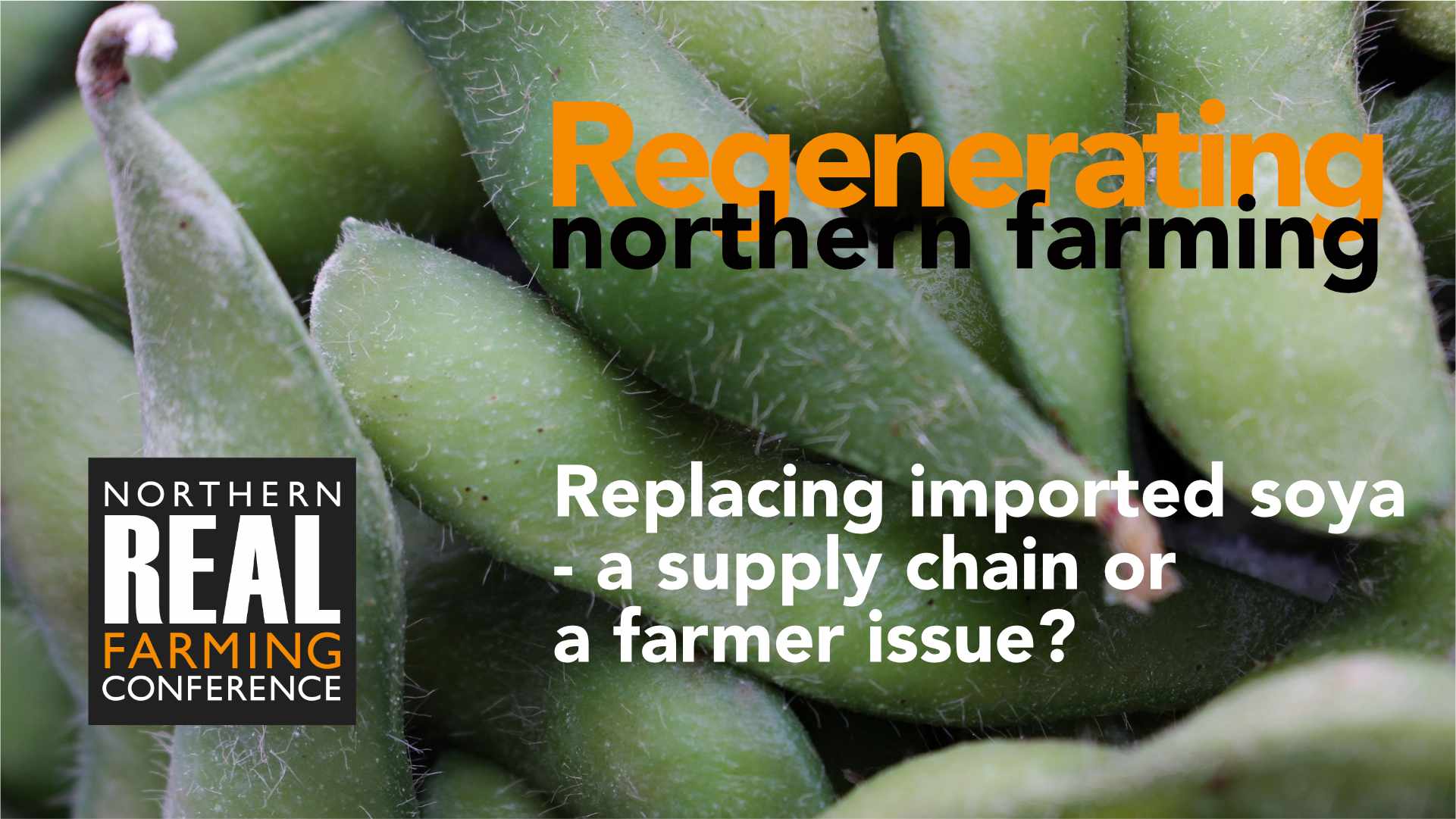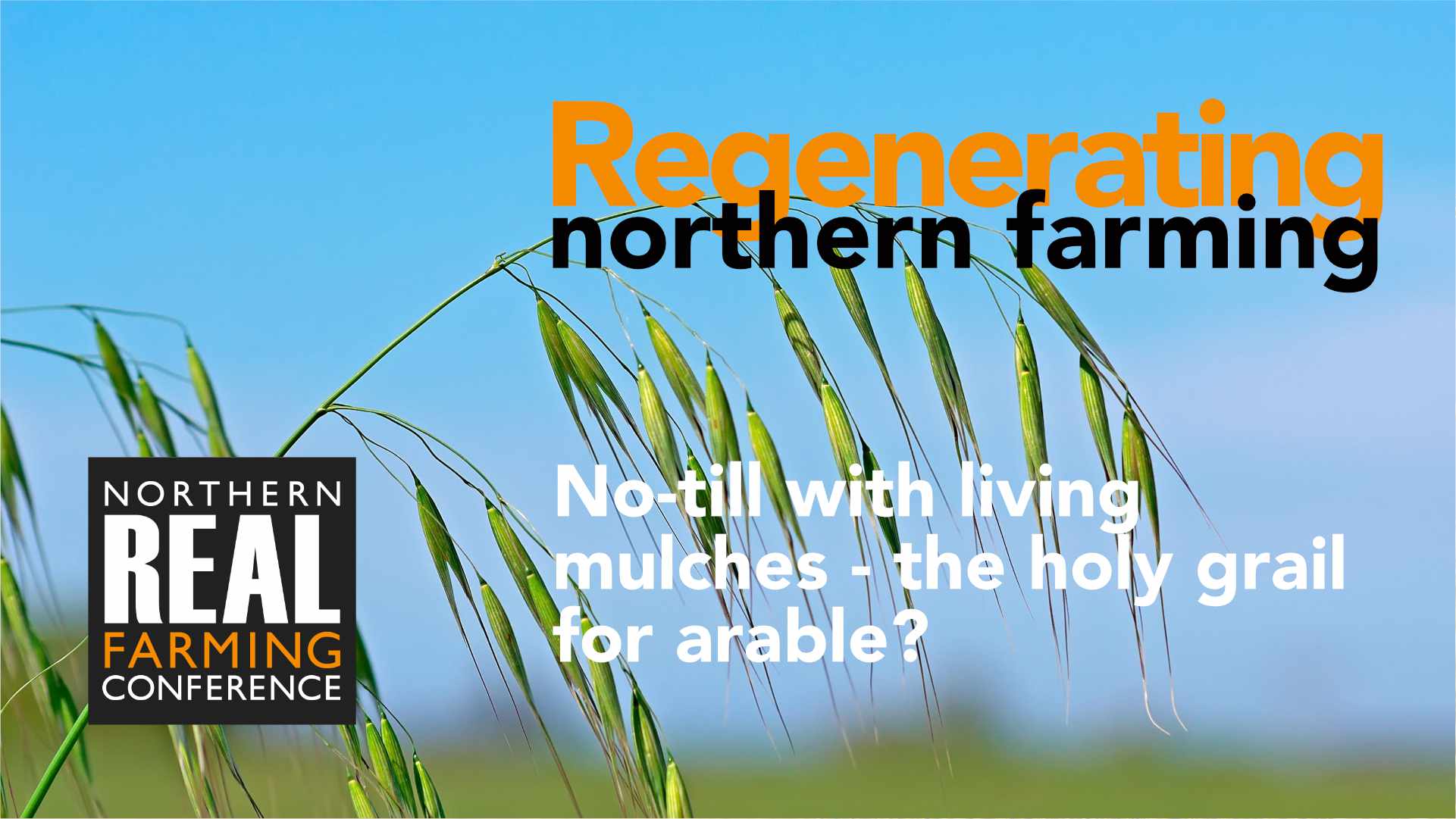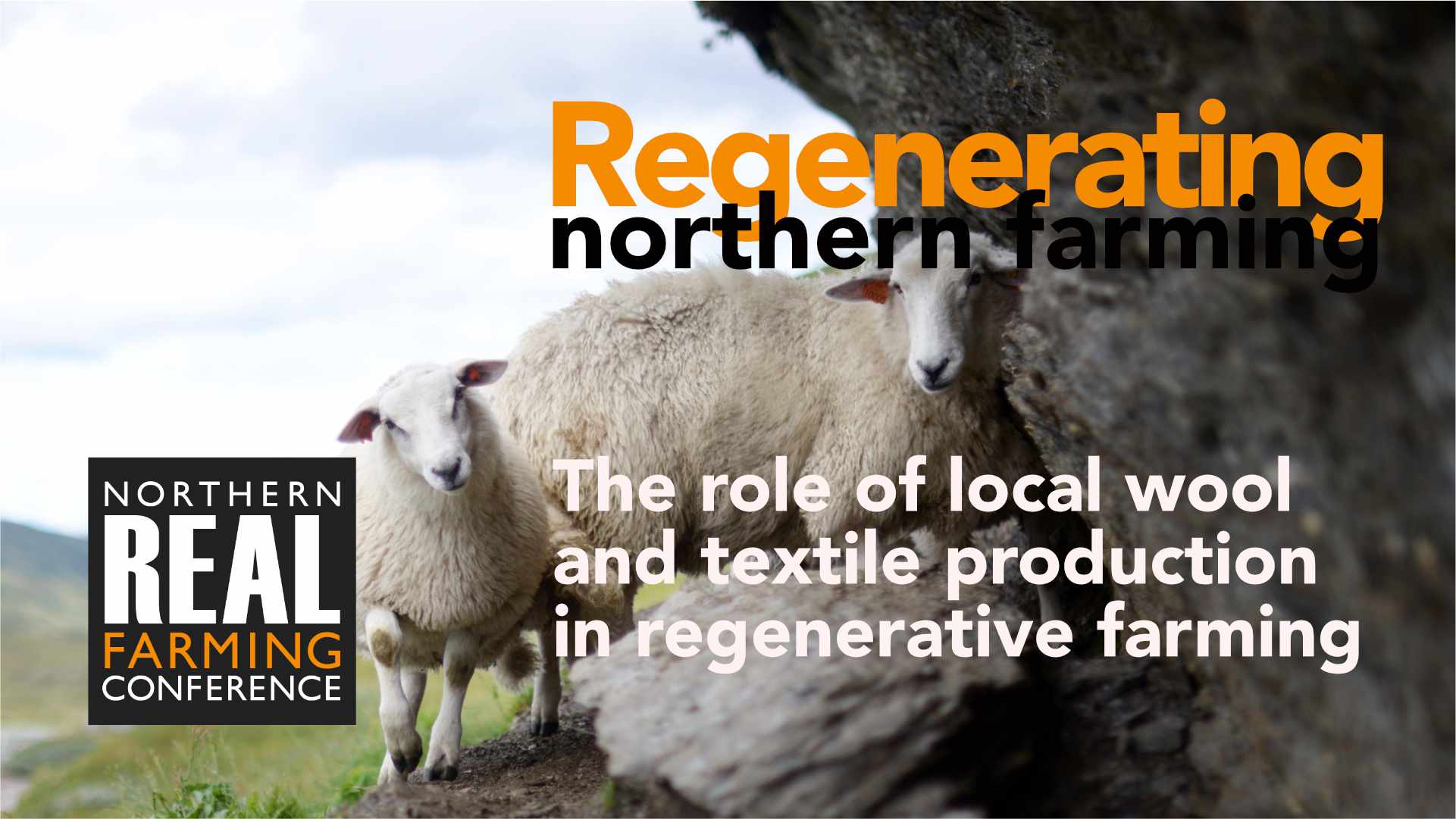Cinderwood Market Garden on the outskirts of Crewe in Cheshire seeks to solve a difficult problem.
Many restaurants want a constantly changing range of fresh, seasonal, local produce to inspire their menus and excite their customers.
Some top-end Northern restaurateurs, such as Nigel Howarth of Northcote Manor and Mark Birchall of Moor Hall near Ormskirk, have gone as far as to set up their own market gardens to supply some of their needs.
A pair of chefs from Manchester, with strong convictions to support small organic producers and a desire to solve climate change issues, partnered with a young market gardener to start a new growing project.
Cinderwood Market Garden is there to give many Manchester chefs what they crave, a supply of ever-changing, fresh, local and seasonal produce that sparks their creativity and impresses their customers. It sounds straightforward as a business idea. A hungry market and a fresh new and keen supplier. But, if you know anything about food growing, it isn’t easy.
Starting a new farming business in a sector with notoriously tight margins, supplying a market that has a reputation for being perhaps a little fickle and wanting to follow fashion has lots of traps.
Since it started two years ago, Cinderwood Market Garden has had to learn fast if they were going to survive.
What are its biggest issues? Balancing supply with demand and getting a low-margin product delivered directly to its customers efficiently enough to make a profit still.
Business partners, chef Joe Otway and grower Michael Fitzsimmons, share how they deal with those challenges. They also tell us some of the lessons they’ve learned along the way.
Sign up for our newsletter, and find out more about regenerative Northern farming.

